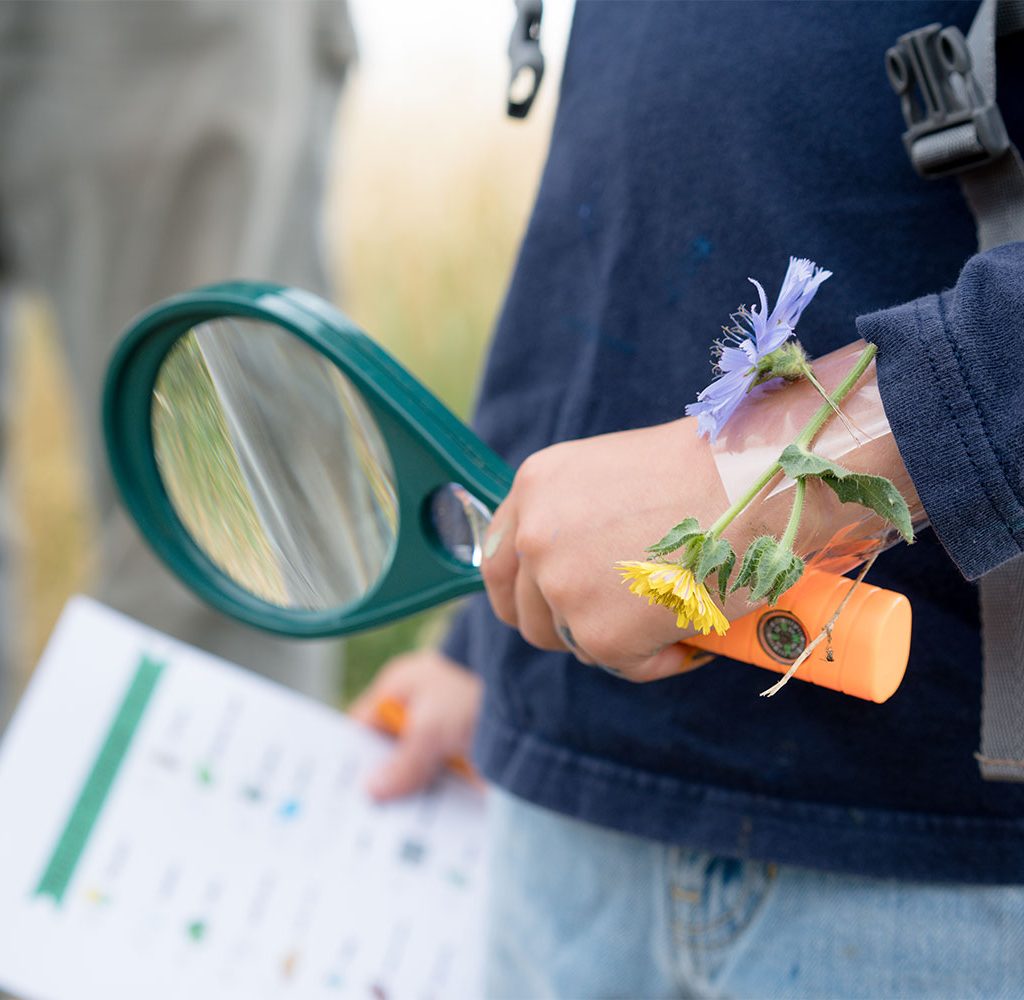Whether it’s stay-at-home orders or just the throes of summer, kids and parents are both in need of some fun, inspiring things to do. Scavenger hunts are a customizable and flexible activity, giving you the chance to expand as big as you can dream, or go as simple as you need to.
These fun scavenger hunts can kill a few minutes before dinner or give you a memorable afternoon doing something together as a family. They’re one of the most creative ways to pass the time, and your kids can play, learn, and explore. Here are some fun scavenger hunt ideas for kids to get you started.

Art-inspired scavenger hunt
Instead of the usual scavenger hunt rules, have your child draw the things he or she finds. This hunt can take place inside, outside, and anywhere in between. Clues like “flower” or “something blue” get a fun makeover as children explore and interpret.
Drawing is a great way to help children practice their fine motor skills, and it gives them a chance to do something just a little different. Whether your child has a pencil or a full arsenal of colors, these art-inspired scavenger hunts are definitely out of the ordinary.
Five senses scavenger hunt
Children with anxiety may find this exercise especially helpful. If you have only a limited time before another activity, a simple exercise in finding something that tickles each sense could work well.
With more time at hand, you can come up with all sorts of sense-based clues. Think “see something small” or “something that makes an unusual noise” when creating the clues. You might even get children to notice multiple things about items with multi-themed clues like “something that feels soft and looks gray.”
People watching scavenger hunt
It could be time to help your children get to know the people in the neighborhood. In this fun scavenger hunt, children are encouraged to (politely) people watch and find others wearing certain items of clothing, with certain colors of hair, or doing certain things.
These work great if you live in a busy apartment complex, and in some cases, when your children can’t go outside. Think of all the window watching your children can do in metropolitan areas! It can also make park trips more memorable. You can do this anywhere there might be people.

Seasonal scavenger hunts
Getting outside during all four seasons is a fun way to encourage children to love nature. As the seasons change, the items on your scavenger hunt can change as well. Take the time to ask children how their items differed from season to season.
You can also use seasonal scavenger hunts to encourage window watching or to accomplish certain nature studies. If you grow a garden year-round, a scavenger hunt could be an excellent way to introduce children to noticing environmental changes.
Sight word scavenger hunt
Younger children practicing sight words might find a scavenger hunt an easy way to learn. You can do this in several ways:
Use sight words and have children find the objects if they’re concrete nouns and small. If the words are conceptual (red, for example), children can find something that matches.
You can also reverse the process and have children find their index card with words and take pictures or draw the object the word is on. Tell your child the word “it” and have them find the card with the correct word. They come back with the card, or they tell you what object (on the lamp).

Personality scavenger hunts
Let your children get creative and find out more about them by having a personality-themed scavenger hunt. Have children take pictures, write down, or draw things on the list and share at the end.
Item hunts are open-ended. Clues include things like “Something I like to smell” or “something important to me.” As your children work through the clues, you may find out things you didn’t know and get inspiration for later activities
Getting creative with scavenger hunts
When you build your scavenger hunt, you should ask yourself three questions:
How long do I want the scavenger hunt to last? — Several hours could be tough if you’re only in your house, but a trip to the local national park could make that a reality. If you only need 30 minutes before dinner, a simple scavenger hunt for colors or sight words might suffice.
Where do I want children to search? — Younger children may need to stick to one spot of the house while older children might safely wander the neighborhood. Window watching is a great way to keep children safe while expanding the parameters of the scavenger hunt.
How old are my children? — The age of the child also determines the length and complexity of the scavenger hunt. Toddlers who are just learning colors might stay entertained off and on all afternoon looking for “things that are red,” while older children may need something more conceptual. Consider the age and ability of your child.
Once you’ve got your scavenger hunt down, you can enjoy your time with your kids and ensure that your activities are fun for the whole family. These scavenger hunts are easy to create, customize, and alter to fit your kids’ situation and timeline.


